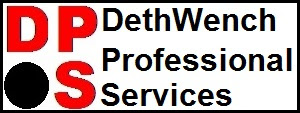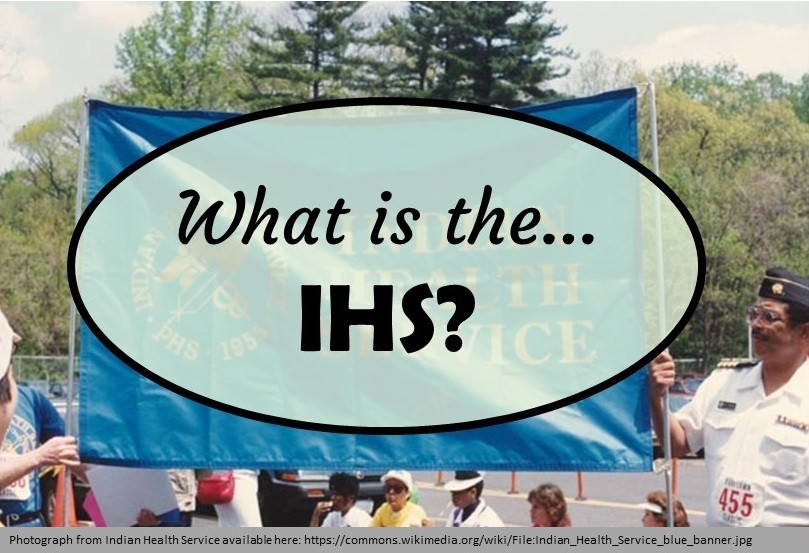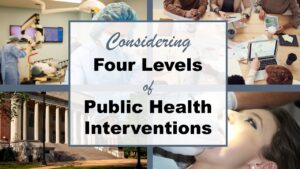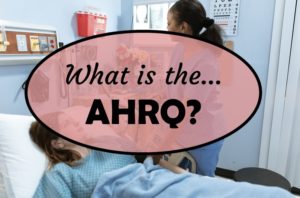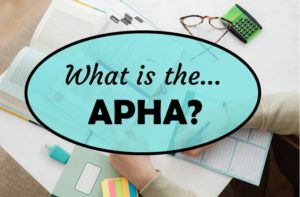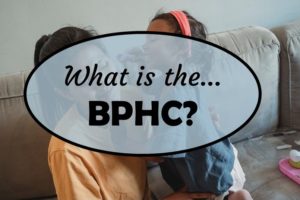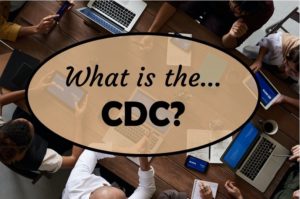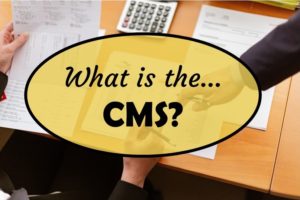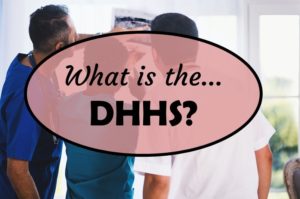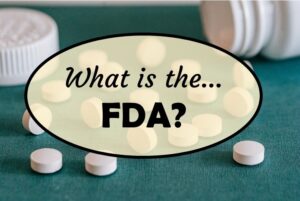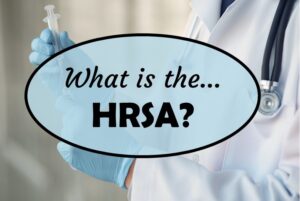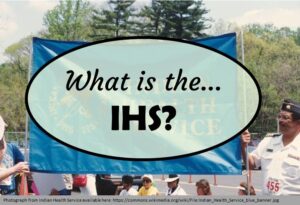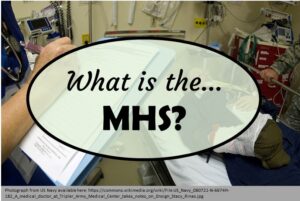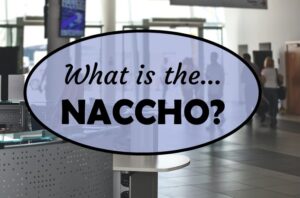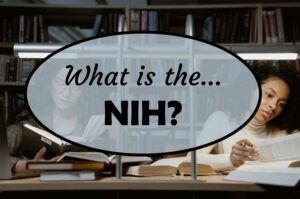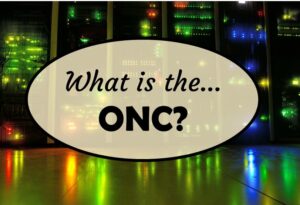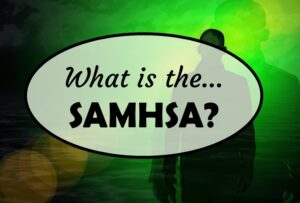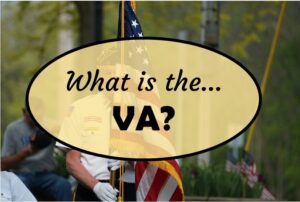“What is the IHS?” is an important question to ask if you are in public health, and are concerned about genocide, racism, and health equity. That is because it is the federal agency in the United States (US) that concerns itself with the health of Native Americans, also called American Indians (AI) or Indigenous People. Public health practitioners concerned about this population should make sure they have a good answer to the question, “What is the IHS?”
What is the IHS?
The IHS stands for Indian Health Service, because they shorted AI to just the “I” part in the name. The mission of the agency is to “raise the physical, mental, social, and spiritual health of American Indians and Alaska Natives to the highest level”, and their vision is to strive toward “healthy communities and quality health care systems through strong partnerships and culturally responsive practices”. They are the main department within DHHS that is responsible for providing federal health services to this population.
Those are nice words on a web page, but the reality is that the IHS is so underfunded that is propped up by Medicaid (run by the CMS). So the answer to the question, “What is the IHS?” is much more complicated than meets the eye.
What does the IHS do?
The main thing the IHS does is run healthcare facilities that are federally funded with their budget. In this way, it is very similar to the Veterans Affairs (VA) system in the US, which is unusual. Almost all healthcare facilities in the US are either for-profit or non-profit private organizations. By contrast, the IHS facilities are owned and run by the federal government, and the people who work there are government employees.
The problem is that due to a history of genocide and racism toward the AI communities in the US, now, many of these surviving communities live on federal land appropriated to them called “reservations”. The US ensures through laws, policies, and budgetary constraints that these reservations remain like colonies, and stay poor and oppressed. Through underfunding the IHS purposefully, the US continues its tradition of genocide and racism against this community.
My Take on the IHS
I have observed that whenever the US puts a group of people in a special category for the sake of protecting them, it often seems to backfire, and instead make the group an easy target. I would say this is an unintended outcome of the American with Disabilities Act (ADA), where an effort intended to help people with disabilities now serves as an excuse not to hire them.
As long as the IHS exists, those of us in public health have a very limited ability to advocate for AI healthcare to improve. We are stuck advocating for AI healthcare as part of reservation work, and the whole idea of putting people on reservations is itself a form of genocide. So there is no foundation on which to build trust or health.
I grew up in Minnesota where we have Native American reservations that house people who are very poor. I encourage everyone to learn about the Pine Ridge reservation in South Dakota, where many lack electricity and running water. These communities are some of the most destitute in America, and have a very high suicide rate.
So when we ask, “What is the IHS?”, today, I would say it represents the biggest obstacle to dismantling anti-AI racism in the US healthcare system. But as a more optimistic though, if people actually concerned about the health of the AI populations could get control of the IHS and make better policies, it is possible that we could greatly improve the health of the AI communities around the US. It is a reason to advocate for the leader of DHHS to be from the AI community.
Updated April 7, 2022.
Read all the public health alphabet soup posts, and learn about the public health landscape!
“What is the IHS?” is a reasonable question to ask, because there are a few things that are very special about the IHS and its healthcare facilities. At first glance, these special characteristics may seem positive, but they actually have devastating unintended consequences, as I describe in my blog post.
